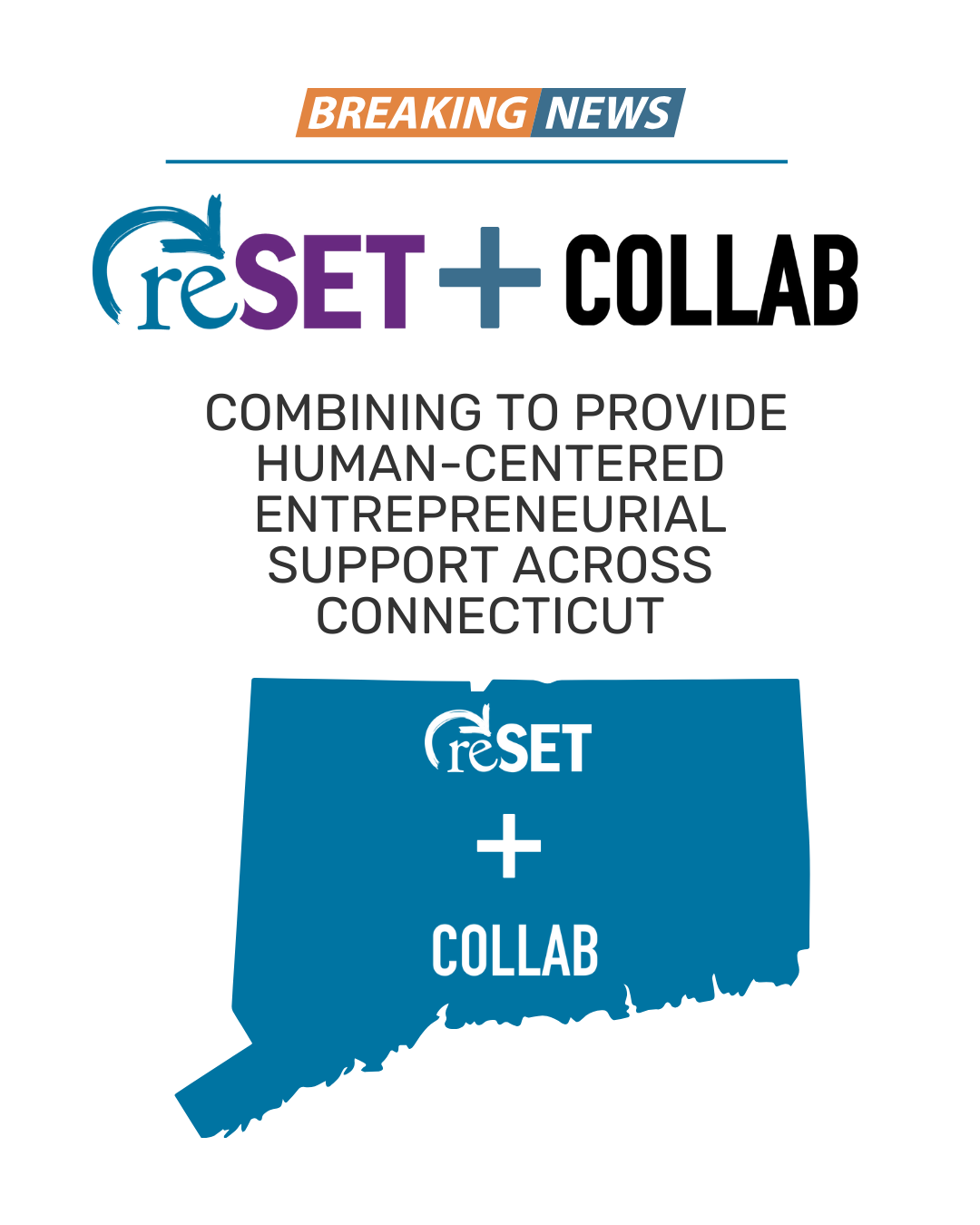James Woulfe
Public Policy and Impact Investing Specialist
reSET
This past legislative session, after two previous tries, the Connecticut General Assembly passed enabling legislation to create a new type of legal entity, called a “benefit corporation.” The benefit corporation is similar to a typical corporation, but with a twist. It provides specific legal protections and transparency measures to businesses that have a mission to help solve a social or environmental problem, which under previously existing corporate law were extremely time consuming and difficult to put in place. Companies like Patagonia, King Arthur Flour, and Greyston Bakery (the brownie supplier for Ben & Jerry’s) have all recently incorporated as benefit corporations.
Setting Connecticut Apart
Connecticut is the 25th state in the Union to pass the legislation, with Florida close behind a few days later making it the 26th, so we are clearly not among the first adopters of the statute. While some may argue that the fact the state took so long to pass the bill is a sign of problems with the legislature, our business climate, etc., coming a little late to the game is actually an asset. Because lawmakers had an opportunity to study national trends in benefit corp. legislation, they were able to tweak the “model” benefit corporation legislation passed in other states, and include an innovative 1st in the nation clause in Connecticut’s statute, called a “legacy preservation provision (more on that below). Additionally, from the perspective of organizations like reSET and others that support entrepreneurs, we have had the unique opportunity to learn from what has worked well in other states that have passed the legislation, and what didn’t, to identify the most effective ways to support individuals looking to take advantage of the benefit corporation statute.
What Makes a Benefit Corporation Different?
Legal Protections
The benefit corporation entity provides social entrepreneurs three specific legal advantages that significantly reduce their barriers to doing business in the state:
- It reduces startup costs by providing attorneys with a uniform and standardized means for structuring a social enterprise, that is easy to understand and duplicate from company to company.
- It changes the fiduciary duty of the corporation’s directors, allowing them to consider the creation of a positive social or environmental impact, in addition to profits when making decisions on behalf of the company.
- It offers the option of “legacy preservation” to social entrepreneurs who want to ensure that their company, or its assets, will be used to create a positive social impact after they leave the organization or if ownership is diluted. If a company adopts a legacy preservation provision, the business would remain a benefit corporation in perpetuity, regardless of changes in ownership.
Marketing
Reaching Consumers: When using a garden-variety corporation or LLC, social enterprises often find it difficult to communicate the business’s social or environmental mission. The benefit corporation provides social entrepreneurs with an opportunity to cut through the noise of the purely for-profit marketplace, and makes it easy for consumers to identify and patronize social enterprises. Also, because the new entity ensures a high level of standardization from company to company, consumers who understand what it means to be a benefit corporation can comfortably make assumptions about the operations of benefit corporations across different sectors.
A 2013 study found that “fifty percent of global consumers surveyed are willing to pay more for goods and services from companies that have implemented programs to give back to society.” According to anotherreport, “approximately 68 million U.S. consumers have stated a preference for making purchasing decisions based upon their sense of social and environmental responsibility,” and “where price and quality are equal, 86% of consumers would switch from their current brand to a brand that is socially responsible.”
Greenwashing Prevention: Benefit corporations must file annual reports to shareholders and consumers that demonstrate their positive social or environmental impact. This fosters more transparent business operations, and helps to protect the nascent social enterprise sector from companies that “greenwash,” – businesses that are not social enterprises, but claim to be to increase their profits, or generate some other self-serving benefit.
Advantages for Investors
The market opportunity for investing in social enterprises has been predicted to range between $400 billion to $1 trillion according to a study by J.P. Morgan. Despite its size, mission-driven “impact” investors still have difficulty sourcing potential portfolio companies. Benefit corporations allow mission driven “impact” investors the ability to identify social enterprises with greater ease, and provides them with a familiar framework that they can use when screening companies, and assessing fit with the investor’s motives for investing. The benefit corporation structure also provides investors in a benefit corporation the ability to compel that company to create a specific or general public benefit if its officers or directors fail to do so.
Learn More
Whether you’d like to learn more about benefit corporations solely out of curiosity, or you want to find an attorney to help you transition your company to the benefit corp. form, CTBenefitCorp.com can provide you with all of the information you need regarding benefit corps. The site hosts a copy of the original legislation, detailed descriptions of what benefit corps are, connections to attorneys who can help you become a benefit corp., and more.








